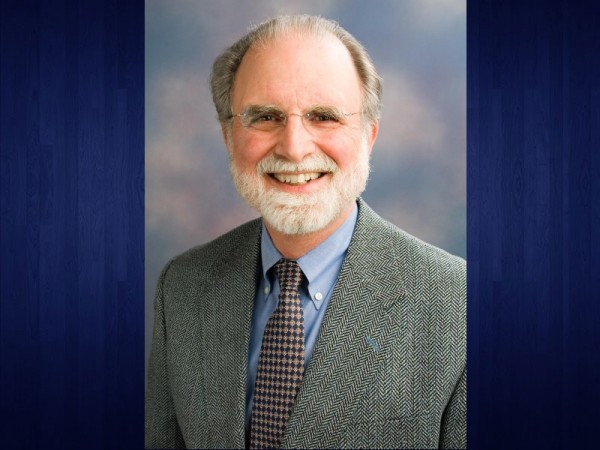Memory is both marvelous and worrisome. Our brains can take in an amazing array of information, store it, and then find it again upon demand. But, finding everything exactly when it is wanted may not always happen. Older adults, in particular, can become worried. In people over age 60, over 80% complain about their memory function. But only 15% ever discuss these concerns with a doctor. Many older adults believe it is inevitable to experience memory problems with age. Others say their doctors just tell them, "What do you expect?"
The research that has been done to understand why older people do have some increase in "memory lapses" suggests that while minor difficulties do occur with aging, major memory changes are frequently related to such underlying causes as medications, disease, depression, or malnutrition. Many of these conditions are treatable and reversible but some are permanent disorders.
About 85% of seniors experience some memory impairment-the "tip-of-the-tongue" memory loss is most common. This is the "speed of recall" issue and rarely is more than an inconvenience. Metamemory is a person's knowledge, perception and beliefs about his or her memory. Research in this area has focused on trying to understand the differences in memory function among older adults. Three areas of importance were identified: memory monitoring
Monday
August 4th, 2025
5:21PM











